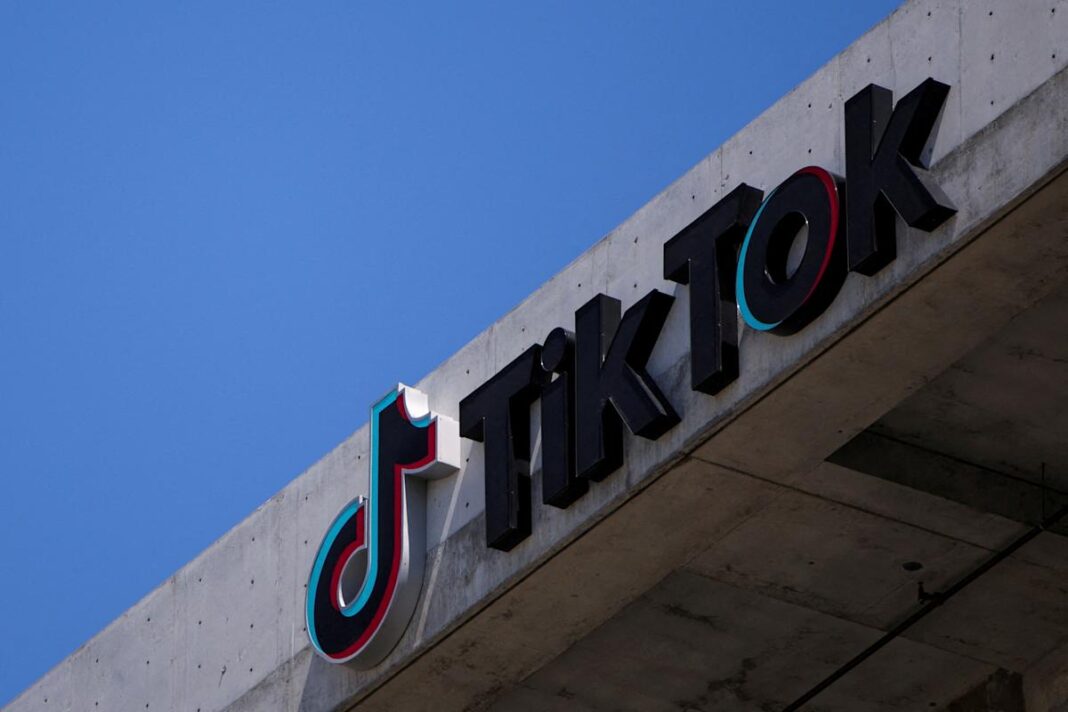Novartis CEO Addresses Stockpiles Amid Tariff Concerns
In a recent statement, Vas Narasimhan, the CEO of Swiss pharmaceutical giant Novartis, reassured stakeholders that the company has sufficiently increased its stockpiles in the U.S. to handle potential impacts from any tariffs imposed by President Trump. According to a report from Reuters, pharmaceuticals are exempt from the hefty 39% tariffs that Trump enacted on Swiss products back in August, but an EU trade agreement established in July could introduce a 15% tariff on a wide array of drugs, with exceptions primarily for certain generics. Narasimhan expressed confidence, stating, “We have significantly increased our stockpiles in the U.S., so they will certainly last until mid-2026,” reflecting proactive measures to ensure continuity in their supply chain.
Impact of U.S.-China Relations on Trade Dynamics
Simultaneously, the geopolitical landscape is shifting, characterized by complex trade negotiations between the U.S. and China. Following a phone call between President Trump and Chinese President Xi Jinping, Trump announced a tentative agreement concerning the U.S. spin-off of the TikTok app. As outlined in statements shared on social media, ongoing meetings are scheduled, with the initial gathering happening during the Asia-Pacific Economic Cooperation (APEC) summit in South Korea from October 30 to November 1. Trump mentioned that a reciprocal visit from Xi will occur “at an appropriate time,” signaling a potential warming of relations.
China’s Strategic Moves in Business Law
Amid these discussions, China has opted to drop a protracted antitrust investigation into Google as negotiations regarding the TikTok deal continue. This decision raises questions about China’s broader strategies as it simultaneously increases pressure on domestic purchases of Nvidia chips. While the TikTok saga unfolds, it appears China is strategically maneuvering within its own interests, illustrating the interconnected nature of global trade and technology.
Tariff Policies and Their Local Repercussions
On the trade policy front, Trump’s recent visit to the UK has had its own ramifications. Reports indicate that the UK government has halted discussions on eliminating tariffs on British steel, choosing instead to maintain the current duties. This decision further complicates the already intricate web of international trade relationships.
In a notable development, British pharmaceutical company GSK announced a bold investment plan involving $30 billion directed toward research and development in the U.S. This investment aligns with Trump’s push for increased domestic manufacturing amid the looming threat of import tariffs on the pharmaceutical industry.
Optimism for U.S.-China Trade Agreement
In the backdrop of these events, Treasury Secretary Scott Bessent expressed confidence in close proximity to finalizing a trade deal with China, suggesting ongoing dialogue is crucial. With reciprocal tariffs set to take effect in November, Bessent indicated that further discussions are anticipated in the lead-up to this deadline, underlining the dynamic nature of international trade relations.
Legal Challenges Around Tariffs
Additionally, the U.S. Supreme Court is currently examining a significant legal challenge to Trump’s tariffs, which could yield a resolution as early as this fall. The case—which aims to scrutinize the legality of the various country-specific tariffs implemented this year—has been placed on a fast track for oral arguments in early November. This swift approach could bring clarity to the contentious issue of trade regulations.
Reviewing the Tariff Landscape
The tariffs in question encompass a spectrum of rates, varying from 10% to 50%. President Trump has asserted his authority to impose these tariffs under the International Emergency Economic Powers Act (IEEPA), aiming to rebalance trade relationships and safeguard U.S. interests. The unfolding drama of tariffs not only impacts companies like Novartis but also resonates across multiple sectors and international borders.
With various stakeholders engaged in ongoing discussions and preparations, the implications of these policies will undoubtedly continue to evolve, illustrating the intricate dance of global commerce and diplomacy.



